10 Interesting Facts About Turkish Culture You Probably Didn't Know
Turkey, a country bridging Europe and Asia, is a fascinating land with a rich and diverse cultural heritage. From its historical sites and stunning landscapes to its culinary delights and traditional customs, Turkish culture offers a captivating tapestry of unique experiences. In this article, we delve into ten interesting facts about Turkish culture that might surprise you. These lesser-known aspects will deepen your understanding and appreciation of Turkey's vibrant traditions and customs. So, let's embark on a journey of discovery and explore the fascinating intricacies of Turkish culture.
1. Hospitality: A Way of Life

Turkish people are renowned for their warm hospitality. The concept of 'misafirperverlik,' meaning hospitality towards guests, is deeply ingrained in Turkish culture. Visitors to Turkey are often welcomed with open arms, and it is common for guests to be treated like family. Turkish hosts take pride in offering their guests delicious meals, traditional tea, and heartfelt conversations, making hospitality a cherished value in Turkish society.
2. The Whirling Dervishes: A Mystical Tradition
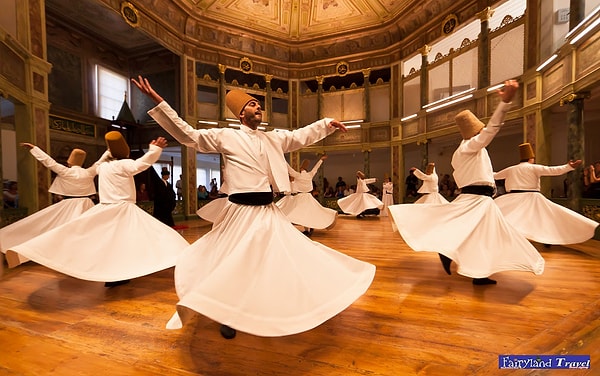
The Whirling Dervishes, known as Mevlevi Sufis, are a mystical sect within Islam. They perform a captivating dance called the 'Sema' that is both mesmerizing and spiritual. The dance is characterized by dervishes spinning in symbolic unity with the universe, seeking a trance-like state of communion with God. Watching a Whirling Dervish performance is not only an enchanting spectacle but also an opportunity to witness a centuries-old spiritual practice unique to Turkish culture.
3. Traditional Turkish Coffee

Turkish coffee holds a significant place in Turkish culture. It is not just a beverage but a symbol of hospitality and a means of socializing. Traditional Turkish coffee is brewed slowly in a special pot called a 'cezve' and is served in small cups. The grounds settle at the bottom of the cup, allowing for fortune-telling, a beloved tradition known as 'fal.' Sharing a cup of Turkish coffee with friends or family is a delightful way to experience the cultural rituals associated with this ancient drink.
4. The Art of Turkish Tiles
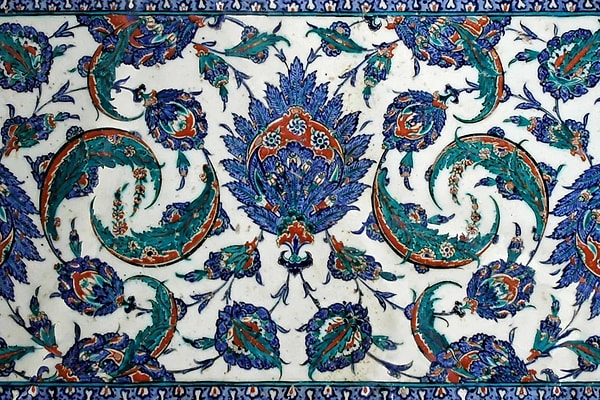
Turkish tiles, known as 'çini,' are an integral part of Turkish architecture and decorative arts. These hand-painted ceramic tiles feature intricate designs, often depicting floral patterns, geometric shapes, and calligraphic scripts. Turkish tiles can be found adorning the walls of mosques, palaces, and traditional houses. They are not only visually stunning but also reflect the artistic skills passed down through generations, making them a true treasure of Turkish culture.
5. Olive Oil: Liquid Gold
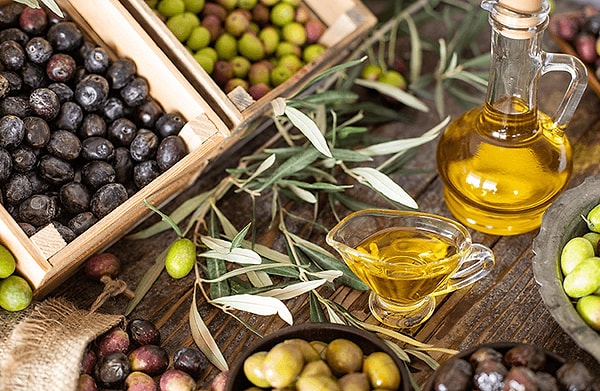
Turkey is one of the world's leading producers of olive oil. Olive trees thrive in the country's fertile soil and favorable climate. Turkish olive oil is renowned for its superior quality and distinct flavor. Olive oil plays a significant role in Turkish cuisine, adding depth and richness to dishes. It is used in salads, mezes (appetizers), and various traditional recipes. Exploring the olive oil culture in Turkey offers a deeper appreciation for the culinary heritage of the country.
6. Turkish Bath Experience

The Turkish bath, or 'hamam,' is a traditional bathing ritual that dates back centuries. It is a unique experience that combines cleansing, relaxation, and socialization. The hamam typically consists of a heated marble room, a central platform called the 'göbektaşı,' and a series of hot and cold water basins. Visitors to Turkey can indulge in the rejuvenating experience of a Turkish bath, where they are scrubbed and massaged by skilled attendants, leaving them refreshed and rejuvenated.
7. Tulips: A Turkish Symbol
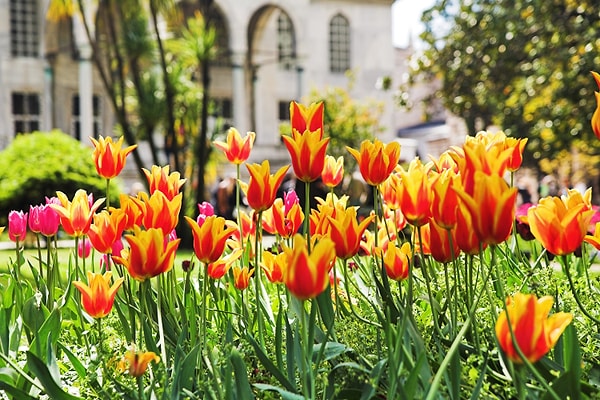
Contrary to popular belief, tulips originated in Central Asia and were brought to Europe by the Ottomans, who then popularized them in Turkey. Tulips hold great significance in Turkish culture and are considered a symbol of abundance, beauty, and springtime. The Ottoman Empire had a special love for tulips, and they became an integral part of Turkish art, architecture, and textiles. Today, the Istanbul Tulip Festival celebrates the beauty of these flowers, with millions of tulips blooming across the city, captivating both locals and visitors alike.
8. Traditional Turkish Carpets

Turkish carpets, known as 'halı,' are renowned worldwide for their exceptional craftsmanship and intricate designs. Each carpet tells a story through its patterns, colors, and symbols. Turkish carpets are handwoven using traditional techniques passed down through generations. They come in various styles, such as Anatolian, Kilim, and Oushak, with each region having its distinctive characteristics. Owning a Turkish carpet not only adds a touch of beauty to your space but also connects you to the ancient art of carpet weaving deeply ingrained in Turkish culture.
9. Henna Night: Pre-wedding Tradition
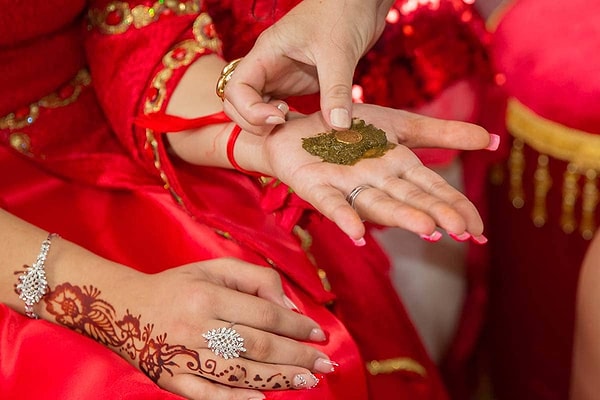
In Turkish culture, henna nights, or 'kına gecesi,' are a significant part of wedding celebrations. It is a joyful event where the bride-to-be and her female relatives and friends come together to celebrate the upcoming union. The night is filled with singing, dancing, and adorning the bride's hands and feet with intricate henna designs. Henna symbolizes good luck, protection against evil, and fertility. This traditional ceremony showcases the importance of family and community bonds in Turkish weddings.
10. Nasreddin Hoca: The Wise Fool
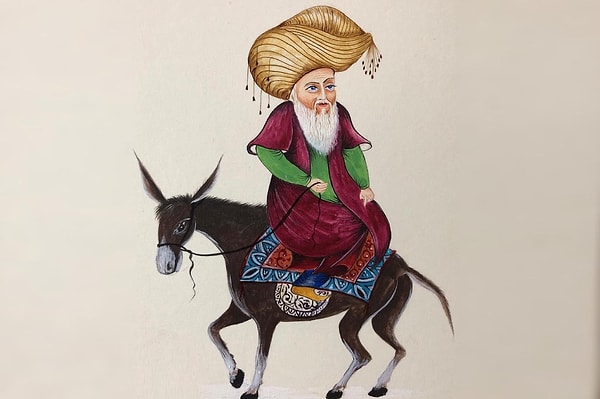
Nasreddin Hoca is a beloved character in Turkish folktales and jokes. He is a wise fool known for his humorous anecdotes and witty wisdom. Nasreddin Hoca's stories often contain moral lessons and social commentary. The tales of his comical adventures and clever retorts have been passed down through generations, making him an integral part of Turkish oral tradition. Nasreddin Hoca's stories continue to entertain and offer insights into Turkish culture's humor and wisdom.
Did you know these facts before? Tell us in the comments!
Keşfet ile ziyaret ettiğin tüm kategorileri tek akışta gör!


Send Comment